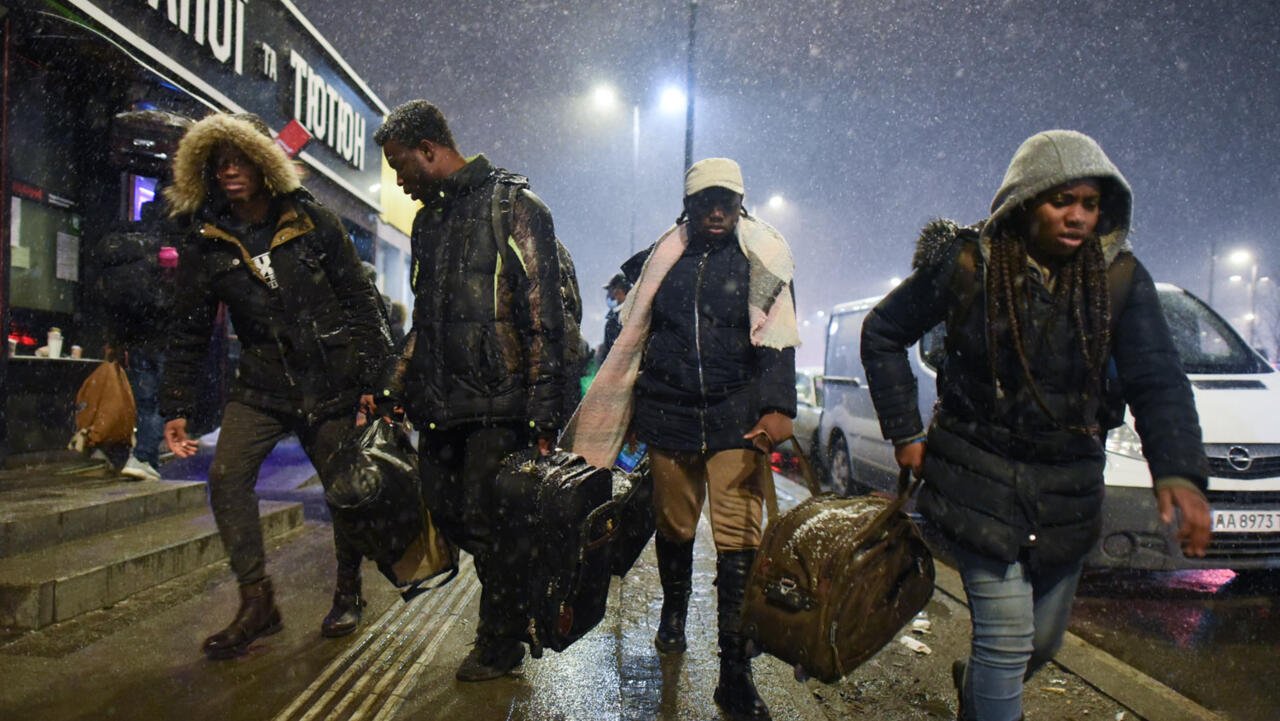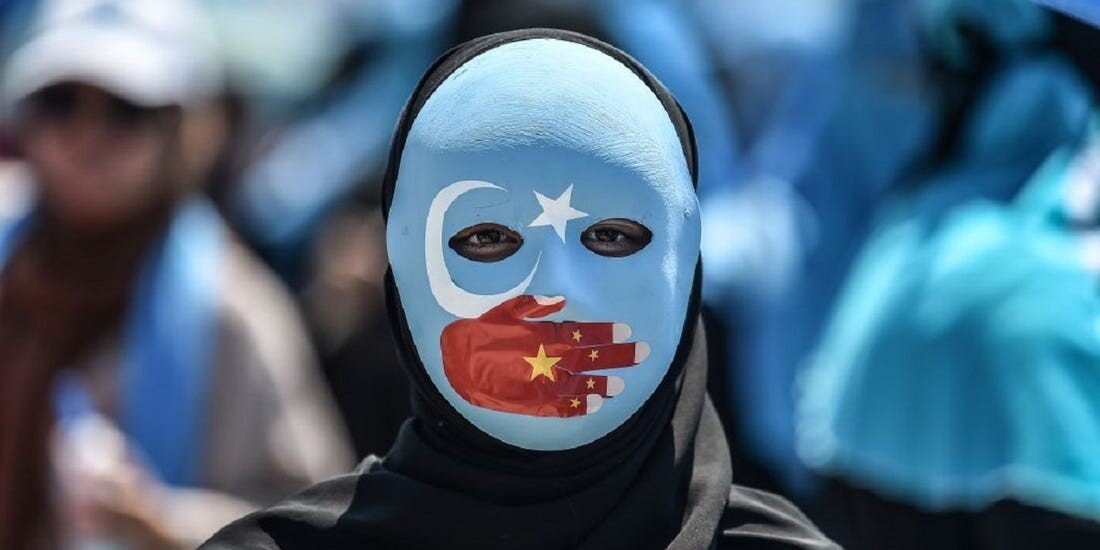
Mirror, Mirror, On the Wall: Deconstructing Beauty Standards
This piece explores the harmful impact of media-driven beauty standards on self-esteem, particularly among adolescent women in Nigeria. Blending research with personal insight, the writer examines how Western ideals shape unrealistic expectations and fuel body-shaming. The article highlights the tension between societal pressures and individuality, while also acknowledging the role of media in both perpetuating and challenging these norms. It’s a timely reflection on identity, image, and the growing push for body positivity.

Inside Nigeria’s Twin City: Where Life is Made for Two
Igbo-Ora’s distinction as the Twin Capital of the World offers a fascinating glimpse into how genetics, diet, and culture can intertwine to create a unique demographic phenomenon. As researchers continue to study the underlying causes, the people of this Nigerian town embrace their twin-filled heritage, turning what might elsewhere be considered unusual into a cherished norm.

Èjìgbò: Nigeria’s Francophone Town – ‘Mini France’
Nigeria is known as an English-speaking nation, but nestled within Osun State lies a fascinating exception – Èjìgbò. This town has a deep-rooted Francophone culture, making it a unique phenomenon in Nigeria.


Beyond the Podium: Power, Protest, and Paradox at the Paris 2024 Olympics
The Olympics have always been more than just a sporting event—they are a global stage where politics, identity, and resistance intersect. As the world turns its attention to the 2024 Summer Olympics in Paris, the games are once again overshadowed by political tensions, exclusionary policies, and the struggles of athletes caught in the crossfire of geopolitics. This year, the stakes are particularly high, as issues of representation, justice, and solidarity come to the forefront.




The Bleeding Continent
Worldwide, about 130 million girls are out of secondary school due to factors that include a lack of access to sanitary products. More specifically, a 2016 study by Human Rights Watch estimated that one in ten African girls missed school during menstruation. The problem of is two-fold – cultural and question of access/affordability to the necessary resources

Negroes & Lab Rats: The 'Ethics' of Unethical Scientific Research
Modern science. A marvel. Revolutionary medical advances emerged from centuries of research, that have helped doctors and scientists cure diseases and improve our quality of life. As we praise and celebrate these innovations - each century, marked by the invention of new procedures, new medication, new tools, and Nobel prizes - we ignore that at the bedrock of many of these advances, lays a murky history, a history where inhumanity tears the Hippocratic Oath at its seams.

The Soldiers in the Shadows
Since 1918, November 11th is the day the world remembers the atrocities of the World Wars and stands in solidarity with the men and women that lost their lives in the name of European liberation. However, what seems to be lost in our collective memory and erased from our history books are the contributions made by Africans on the continent and in the diaspora. What is particularly interesting are the nuances highlighted by Africa’s involvement in safeguarding Europe, as they relate to European hypocrisy and anti-colonial nationalism.

Black China: A Journey Through History
COVID-19 has reared itself as a Hydra of sorts in today’s society. The Hydra is a Greek mythological serpent-like monster, which can be found in Hesiod’s Theogeny 13. It has multiple heads, and if you cut off one, two more were said to grow in its place. Similarly, the coronavirus seems to be a monster rearing a multitude of ugly heads, from medical difficulties to a dangerous financial impact. One ugly head it rears, cannot be ignored – racism.

The Warning from China’s Vanishing Muslims
These are the conditions faced by up to two million Uighurs Muslims in western China's Xinjiang region. Yet, in July 2019, as countries condemned the Chinese state at the UN, 37 countries banded together to defend China’s human rights record and dismissed the countless reports on the mass detention and torture.
What stood out from the letter submitted in China’s defence was the composition of its signatories, with overwhelming Chinese support coming from a number of Middle Eastern and African states.

What's the Big Deal with Braids?
Many people regard blackfishing as a contemporary form of blackface. Mainly due to the critical underlying principle they share: one privileged demographic capitalising off the looks of an oppressed group.
A major issue with this form of cultural appropriation is that many women who mimic the look of Black women benefit from their aesthetic. Meanwhile, actual black women are rejected and belittled. Many of us are often left feeling slighted as endorsements are given to those fashioning our characteristics in ways society considers just Black enough, aka the Kardashian-Jenners.

9/11: The 911 Call from the West to Africa
In the turn of the 21st century, Africa was regarded as “the hopeless continent”. Africa had lost its strategic position in the post-Cold War environment and became the playground for Western states to exercise their ‘transformative’ ambitions and self-interest, under the veil democracy and good governance. The continent no longer had the power to leverage two superpowers against each other for resources. Capitalism had won. Now, Africa was met with international indifference.
Tuesday 11th September 2001.
The towers fell.
Twelve days later, in his State of the Union Address, George W. Bush uttered the words:

Cultural Links Between the Yoruba People of Nigeria and Brazil
The transatlantic slave trade, which took place between the 16th and 19th centuries, saw the mass movement of Africans to the Americas, with 50% of slaves ended up in Brazil. With this in mind, it is then only natural to assume that over the centuries people would have preserved and adopted different traditions as they resided in a melting-pot, comprised of, but not limited to, Africans from across the continent, Tupi people (‘native’ Brazilians) and Portuguese.

From Third World to Developing Nations
The world loves talking about developing countries. We sit, discuss, and argue about why they are not growing, why they are, why they are corrupt, and how we can do business in them.
Developing countries are in. They are the new ‘sexy’ thing.